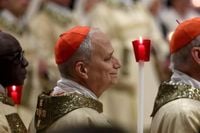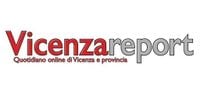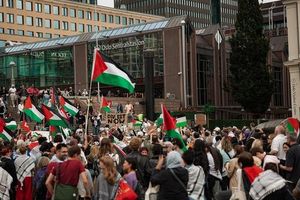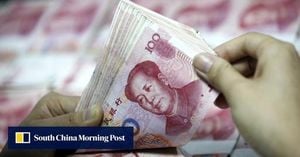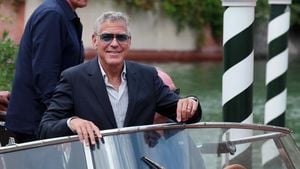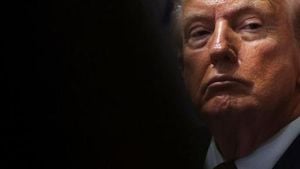As the world watches with bated breath, the ongoing conclave to elect the next Pope has become a battleground of tradition versus reform, with Cardinal Robert Francis Prevost emerging as a potential frontrunner. This historic moment comes after the passing of Pope Francis, marking a significant chapter in the Catholic Church's narrative, especially as the United States has never produced a Pope since its independence on July 4, 1776.
On May 7, 2025, black smoke billowed from the Sistine Chapel at 21:01, signaling that the 133 cardinals had yet to reach a consensus. The absence of an agreement among the cardinals reflects the complexities of modern Catholicism, where issues of governance, moral authority, and the Church's role in an increasingly secular world are hotly debated.
Cardinal Prevost, who currently heads the powerful Dicastery for Bishops, is seen as a compromise candidate capable of bridging various factions within the Church. Born in Chicago in 1955, his upbringing in a devout Catholic family has shaped his pastoral approach. After being ordained in 1982, he dedicated over a decade to missionary work in Peru, where he gained invaluable experience that later propelled him into significant ecclesiastical roles.
Prevost's academic credentials are impressive, boasting degrees in Mathematics, Theology, and Canon Law. His doctoral thesis focused on the role of local priors in the Order of Saint Augustine, reflecting his deep commitment to Church governance. His leadership experience includes serving as the prior general of the Augustinian Order and as the bishop of Chiclayo, Peru, where he navigated local political tensions and strengthened ecclesiastical institutions.
Despite his qualifications, Prevost's candidacy is not without controversy. He has faced scrutiny over his handling of sexual abuse cases during his tenure in both the U.S. and Peru. In the 1990s, while serving as provincial in Chicago, he was linked to two priests involved in child abuse cases, raising questions about his transparency and decision-making. Critics argue that he allowed a convicted priest to live near a school, a move that drew public outrage.
More recently, during his episcopate in Chiclayo, Prevost was accused of inadequately addressing allegations of abuse involving two priests and three young girls. Although he reportedly met with the victims and initiated a canonical investigation, critics argue that he failed to act decisively, allowing the accused to remain active in ministry. These allegations have cast a shadow over his candidacy, as the Church grapples with its past and seeks a leader who embodies integrity and accountability.
Yet, Prevost also possesses qualities that resonate with contemporary Church values. He is known for his progressive stances on social issues, including support for allowing divorced and civilly remarried Catholics to receive Communion. He has also expressed a commitment to environmental stewardship and social justice, aligning closely with Pope Francis' vision. Last year, he stated, "A bishop should not behave like a little prince in his kingdom," emphasizing his belief in pastoral humility.
As the conclave progresses, the tension between tradition and reform remains palpable. Cardinal Francis George, a mentor to many, once suggested that the United States would not see an American Pope until the nation experienced political decline. With the rise of China and shifting global dynamics, some observers argue that the time may be ripe for an American pontiff.
The conclave's deliberations are not just about choosing a leader; they reflect broader societal shifts and the Church's response to them. As the cardinals weigh their options, they must consider the implications of electing a Pope with ties to a nation increasingly viewed as politically and culturally divided.
In the coming days, the cardinals will continue to deliberate, navigating the complex interplay of diplomacy, reform, and tradition. The outcome remains uncertain, but one thing is clear: the election of the next Pope will be a defining moment for the Catholic Church as it seeks to address the challenges of a rapidly changing world.
As the conclave unfolds, eyes will be on Cardinal Prevost, whose profile as a candidate reflects both the potential for change and the weight of past controversies. The world awaits to see if he can rise above the shadows of his history and lead the Church into a new era of transparency and renewal.
